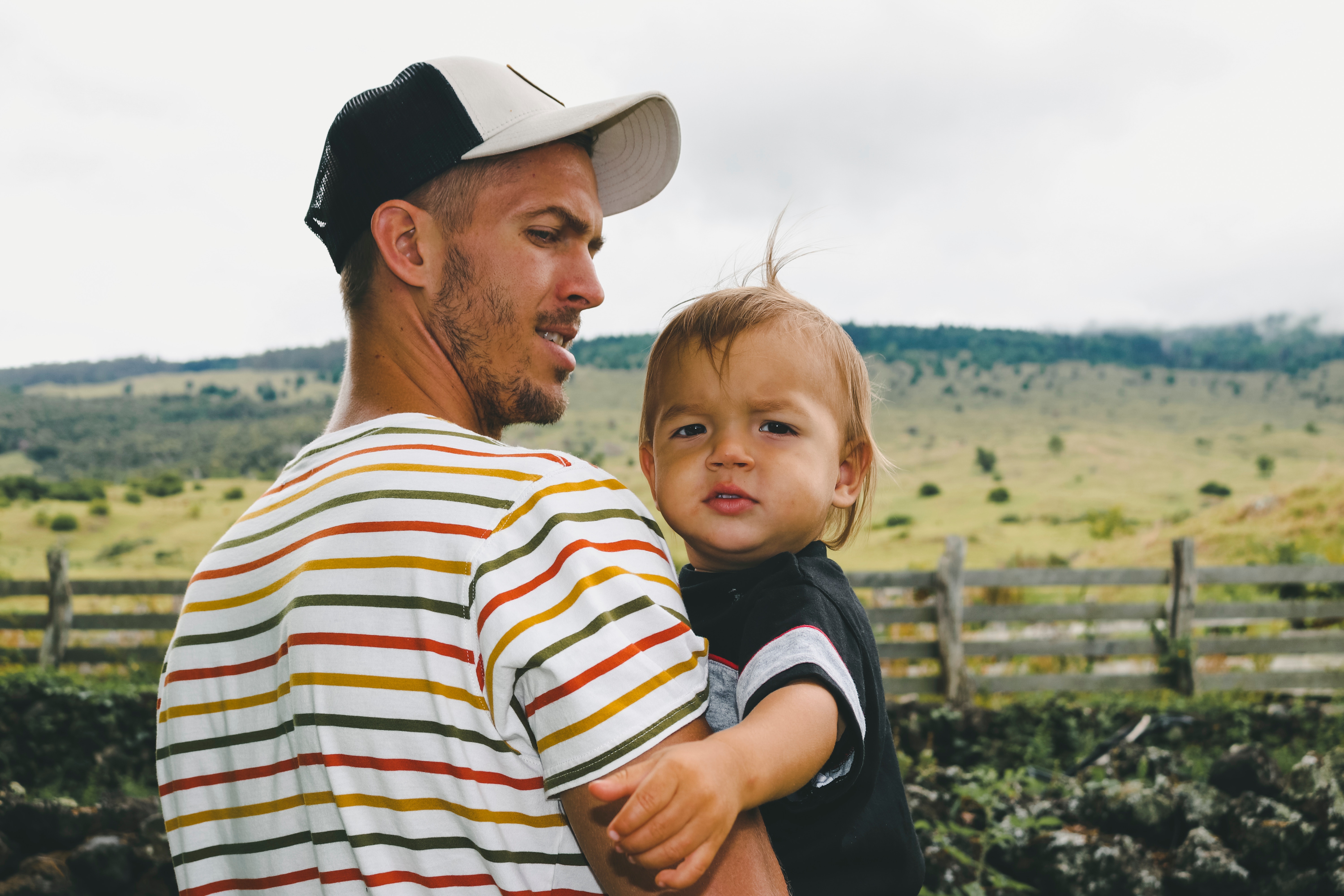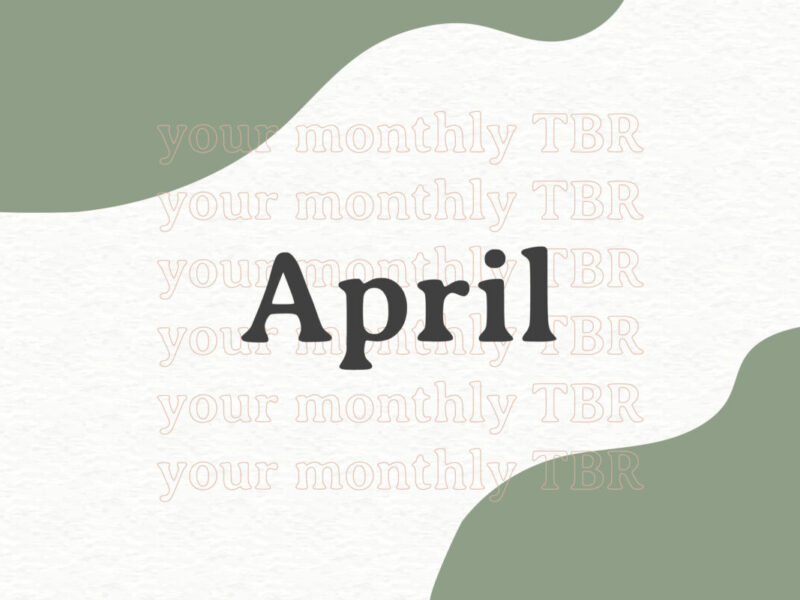Parents are complicated. These flawed people that gave us life or provided us with a home can bring on series of emotions, ones that we can grapple with our entire lives.
With our dads fresh in our minds after Father’s Day this month, you might have feelings of love, gratitude, and affection towards your father, or you could be struggling with sadness, anger or mourning the loss of the father figure in your life.
Here are six poems by writers seeking to understand their fathers, mourning or remembering them through poetry.
_____
Telemachus
Like any good son, I pull my father out
of the water, drag him by his hair
through white sand, his knuckles carving a trail
the waves rush in to erase. Because the city
beyond the shore is no longer
where we left it. Because the bombed
cathedral is now a cathedral
of trees. I kneel beside him to show how far
I might sink. Do you know who I am,
Ba? But the answer never comes. The answer
is the bullet hole in his back, brimming
with seawater. He is so still I think
he could be anyone’s father, found
the way a green bottle might appear
at a boy’s feet containing a year
he has never touched. I touch
his ears. No use. I turn him
over. To face it. The cathedral
in his sea-black eyes. The face
not mine – but one I will wear
to kiss all my lovers good-night:
the way I seal my father’s lips
with my own & begin
the faithful work of drowning.
— Ocean Vuong
The Gift
To pull the metal splinter from my palm
my father recited a story in a low voice.
I watched his lovely face and not the blade.
Before the story ended, he’d removed
the iron sliver I thought I’d die from.
I can’t remember the tale,
but hear his voice still, a well
of dark water, a prayer.
And I recall his hands,
two measures of tenderness
he laid against my face,
the flames of discipline
he raised above my head.
Had you entered that afternoon
you would have thought you saw a man
planting something in a boy’s palm,
a silver tear, a tiny flame.
Had you followed that boy
you would have arrived here,
where I bend over my wife’s right hand.
Look how I shave her thumbnail down
so carefully she feels no pain.
Watch as I lift the splinter out.
I was seven when my father
took my hand like this,
and I did not hold that shard
between my fingers and think,
Metal that will bury me,
christen it Little Assassin,
Ore Going Deep for My Heart.
And I did not lift up my wound and cry,
Death visited here!
I did what a child does
when he’s given something to keep.
I kissed my father.
— Li-Young Lee
All My Pretty Ones
Father, this year’s jinx rides us apart
where you followed our mother to her cold slumber;
a second shock boiling its stone to your heart,
leaving me here to shuffle and disencumber
you from the residence you could not afford:
a gold key, your half of a woolen mill,
twenty suits from Dunne’s, an English Ford,
the love and legal verbiage of another will,
boxes of pictures of people I do not know.
I touch their cardboard faces. They must go.
But the eyes, as thick as wood in this album,
hold me. I stop here, where a small boy
waits in a ruffled dress for someone to come …
for this soldier who holds his bugle like a toy
or for this velvet lady who cannot smile.
Is this your father’s father, this commodore
in a mailman suit? My father, time meanwhile
has made it unimportant who you are looking for.
I’ll never know what these faces are all about.
I lock them into their book and throw them out.
This is the yellow scrapbook that you began
the year I was born; as crackling now and wrinkly
as tobacco leaves: clippings where Hoover outran
the Democrats, wiggling his dry finger at me
and Prohibition; news where the Hindenburg went
down and recent years where you went flush
on war. This year, solvent but sick, you meant
to marry that pretty widow in a one-month rush.
But before you had that second chance, I cried
on your fat shoulder. Three days later you died.
These are the snapshots of marriage, stopped in places.
Side by side at the rail toward Nassau now;
here, with the winner’s cup at the speedboat races,
here, in tails at the Cotillion, you take a bow,
here, by our kennel of dogs with their pink eyes,
running like show-bred pigs in their chain-link pen;
here, at the horseshow where my sister wins a prize;
and here, standing like a duke among groups of men.
Now I fold you down, my drunkard, my navigator,
my first lost keeper, to love or look at later.
I hold a five-year diary that my mother kept
for three years, telling all she does not say
of your alcoholic tendency. You overslept,
she writes. My God, father, each Christmas Day
with your blood, will I drink down your glass
of wine? The diary of your hurly-burly years
goes to my shelf to wait for my age to pass.
Only in this hoarded span will love persevere.
Whether you are pretty or not, I outlive you,
bend down my strange face to yours and forgive you.
—Anne Sexton
Daddy
You do not do, you do not do
Any more, black shoe
In which I have lived like a foot
For thirty years, poor and white,
Barely daring to breathe or Achoo.
Daddy, I have had to kill you.
You died before I had time——
Marble-heavy, a bag full of God,
Ghastly statue with one gray toe
Big as a Frisco seal
And a head in the freakish Atlantic
Where it pours bean green over blue
In the waters off beautiful Nauset.
I used to pray to recover you.
Ach, du.
In the German tongue, in the Polish town
Scraped flat by the roller
Of wars, wars, wars.
But the name of the town is common.
My Polack friend
Says there are a dozen or two.
So I never could tell where you
Put your foot, your root,
I never could talk to you.
The tongue stuck in my jaw.
It stuck in a barb wire snare.
Ich, ich, ich, ich,
I could hardly speak.
I thought every German was you.
And the language obscene
An engine, an engine
Chuffing me off like a Jew.
A Jew to Dachau, Auschwitz, Belsen.
I began to talk like a Jew.
I think I may well be a Jew.
The snows of the Tyrol, the clear beer of Vienna
Are not very pure or true.
With my gypsy ancestress and my weird luck
And my Taroc pack and my Taroc pack
I may be a bit of a Jew.
I have always been scared of you,
With your Luftwaffe, your gobbledygoo.
And your neat mustache
And your Aryan eye, bright blue.
Panzer-man, panzer-man, O You——
Not God but a swastika
So black no sky could squeak through.
Every woman adores a Fascist,
The boot in the face, the brute
Brute heart of a brute like you.
You stand at the blackboard, daddy,
In the picture I have of you,
A cleft in your chin instead of your foot
But no less a devil for that, no not
Any less the black man who
Bit my pretty red heart in two.
I was ten when they buried you.
At twenty I tried to die
And get back, back, back to you.
I thought even the bones would do.
But they pulled me out of the sack,
And they stuck me together with glue.
And then I knew what to do.
I made a model of you,
A man in black with a Meinkampf look
And a love of the rack and the screw.
And I said I do, I do.
So daddy, I’m finally through.
The black telephone’s off at the root,
The voices just can’t worm through.
If I’ve killed one man, I’ve killed two——
The vampire who said he was you
And drank my blood for a year,
Seven years, if you want to know.
Daddy, you can lie back now.
There’s a stake in your fat black heart
And the villagers never liked you.
They are dancing and stamping on you.
They always knew it was you.
Daddy, daddy, you bastard, I’m through.
—Sylvia Plath
Long Distance II
Though my mother was already two years dead
Dad kept her slippers warming by the gas,
put hot water bottles her side of the bed
and still went to renew her transport pass.
You couldn’t just drop in. You had to phone.
He’d put you off an hour to give him time
to clear away her things and look alone
as though his still raw love were such a crime.
He couldn’t risk my blight of disbelief
though sure that very soon he’d hear her key
scrape in the rusted lock and end his grief.
He knew she’d just popped out to get the tea.
I believe life ends with death, and that is all.
You haven’t both gone shopping; just the same,
in my new black leather phone book there’s your name
and the disconnected number I still call.
—Tony Harrison
His Stillness
The doctor said to my father, “You asked me
to tell you when nothing more could be done.
That’s what I’m telling you now.” My father
sat quite still, as he always did,
especially not moving his eyes. I had thought
he would rave if he understood he would die,
wave his arms and cry out. He sat up,
thin, and clean, in his clean gown,
like a holy man. The doctor said,
“There are things we can do which might give you time,
but we cannot cure you.” My father said,
“Thank you.” And he sat, motionless, alone,
with the dignity of a foreign leader.
I sat beside him. This was my father.
He had known he was mortal. I had feared they would have to
tie him down. I had not remembered
he had always held still and kept quiet to bear things,
the liquor a way to keep still. I had not
known him. My father had dignity. At the
end of his life his life began
to wake in me.
— Sharon Olds




